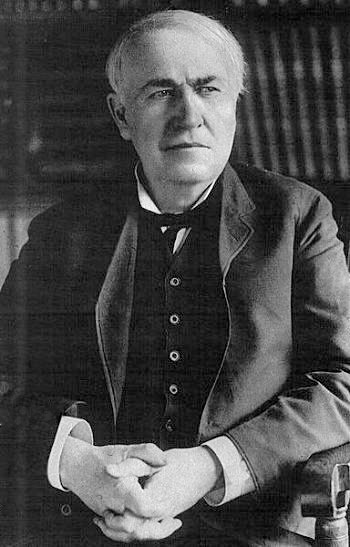I recently mentioned the role that impudence played in liberating Einstein’s prodigious imagination and creativity. Well, it helps to have tenure when you’re impudent.
I bring this up because I am re-reading a paper by Gustavo Manso at MIT’s Sloan School about Motivating Innovation. It’s a little bit too geeky to make it into my book, but aspects of it rhyme with my thesis that success and failure–in this case failure–are Impostors.
Let’s define, for the moment, innovation as success. Innovation, says, Manso
is the result of the exploration of untested approaches that are likely to fail, and failure is usually associated with low wages and termination.
So, to enourage innovation and thus success,
the optimal compensation scheme that motivates exploration exhibits substantial tolerance (or even reward) for early failure and and reward for long-term success.
Examples: Academic tenure, debtor-friendly bankruptcy laws, golden parachutes in business. If the professor, entrepreneur or boss fails, he still gets paid.
This is a controversial topic, given the current anti-CEO tenor (which I share, as would my great uncle). But it helps to understand Manso’s distinction between things that “merely” require effort and things that require creativity.
A for effort
Whenever the main ingredient is effort, pay-for-performance might be the best form of compensation. More effort = more money. Manso points to a study in the Phillipines which found that agricultural workers paid at piece-rates burn up more calories than others paid fixed salaries. Studies of workers installing windshields on cars and Canadian tree planters had similar results.
A+ for “failure”
As soon as the main ingredient becomes creativity, Manso says, pay-for-performance seems to hurt, rather than help. In Academia, for instance, tenure is important:
Knowing they will not lose their jobs, these researchers are willing to take risks on research directions that are likely to fail, but may lead to breakthroughs.
Who might personify this sort of failure-driven success? Manso starts with a quote from Thomas Edison:
Results? Why, man, I have gotten lots of results! I know several thousands of things that won’t work.


2 thoughts on “Creativity vs effort”